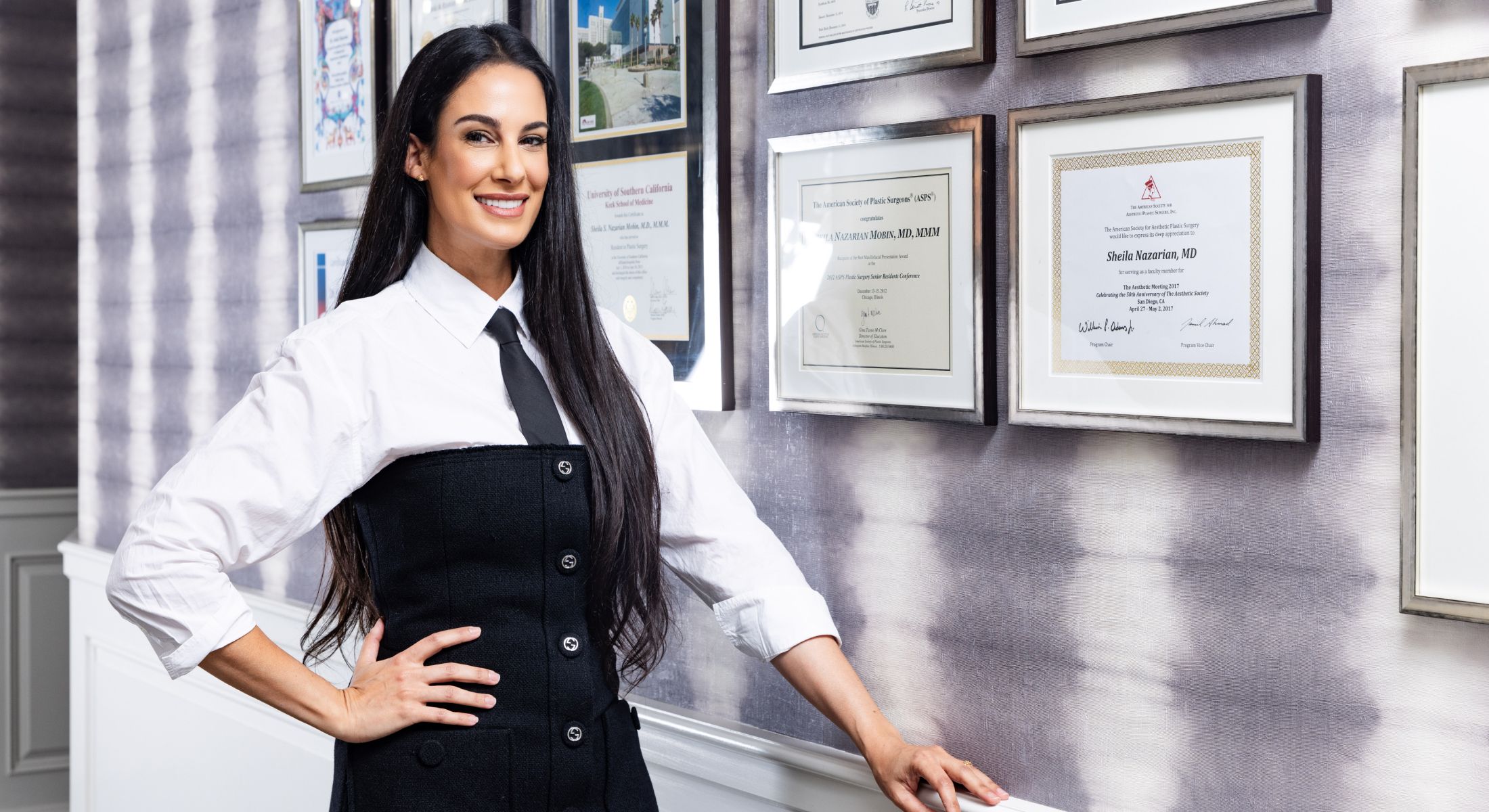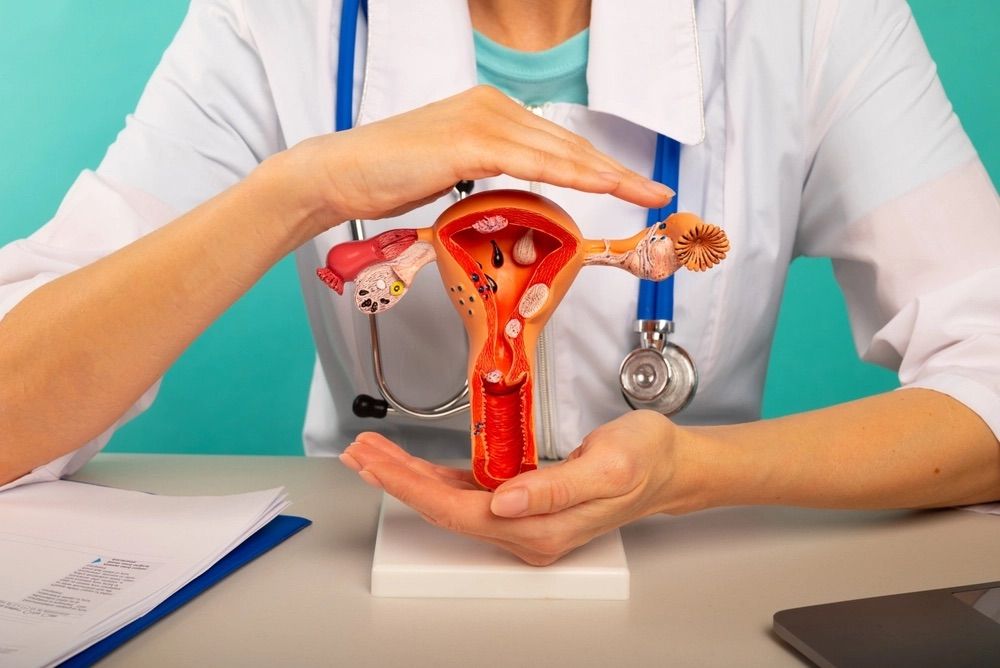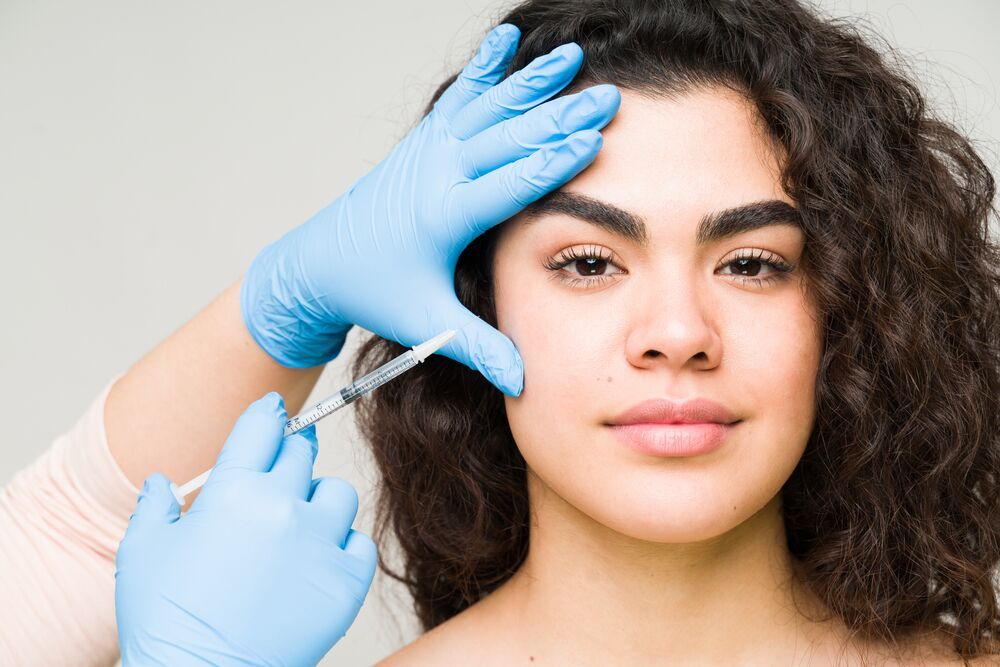Is Labiaplasty Right for You? A Guide to Costs, Benefits, and Realistic Expectations

Breast Augmentation Recovery: Everything You Need to Know
by Dr. Sheila Nazarian

by Dr. Sheila Nazarian

Over 1.8 million cosmetic procedures are performed each year, and breast augmentation always tops the charts. Women feel this surgery offers a boost in their self-confidence, as well as a positive change to their proportions. We all find it easy to say, “I would love to have my breasts enhanced,” but we rarely think about what it involves. In this guide, we will cover everything you need to know about breast augmentation recovery.
All patients heal differently, and this can change your specific recovery time. On average, most patients make a full recovery in about six weeks or so. Most women report feeling good within a week after surgery, but it is important not to do too much too fast as this can jeopardize your healing time.
At your follow-up visits, Dr. Nazarian will be able to assess your healing, and let you know how they feel you are progressing. They are the ones to determine when you have finally made a full recovery. Recovery time is one of the things you should talk to Dr. Nazarian about at your initial consultation. She will be able to assess your overall health and provide you with a more definitive timeline before you have your procedure.
Once you come out of breast surgery and the anesthesia is wearing off, you will notice that you are feeling groggy and tight around your chest. It may feel kind of like you have a hangover, but these effects will wear off within a few hours. You will not be able to drive yourself home, so someone will have to be with you.
Dr. Nazarian will wrap your breast with a bra or elastic band. This will help provide support to your breast during your recovery. Before you are discharged, Dr. Nazarian or nurse will explain how to care for your incisions, and you will be given care instructions to take home with you. You will be discharged within a few hours after your surgery.
Days 1 to 3 will present the most discomfort during your recovery, which you will be surprised to discover, is not so bad. Dr. Nazarian will give you medication to help control the pain. Usually, narcotic pain medication is required for the first day or two and then Tylenol is enough after that. While you are healing it is best to take it easy and rest as much as you can. During this time, the incision sites may experience some minor bleeding or spotting. Do not worry, as this is normal and a part of the healing process. However, if you feel there is a large amount of blood or one breast is much larger than the other, then you should consult with your surgeon. Some women return to their office jobs 3-7 days post-operatively.
At this point, your pain should become less and less. Most women find that their discomfort can be treated with over-the-counter painkillers within a few days to a week after the surgery. With Dr. Nazarian’s consent, you should be able to gradually begin light daily activities. Dr. Nazarian will be more specific about the things that you can and cannot do at this point in your recovery.
At this point in your recovery, you may still be experiencing soreness and swelling. This will gradually get better. For those who work in physically demanding jobs, you will need to take at least 3 weeks off and possibly more. This is something that you can discuss directly with Dr. Nazarian on the day of your consultation.
You will not be able to lift anything heavy and need to avoid intense physical activity. While your discomfort level will be minimal, Dr. Nazarian will advise you to refrain from any strenuous activities or heavy lifting.
Strenuous Activities May Include:
Dr. Nazarian will allow you to ease back into a light exercise routine.
Light Exercises May Include:
At your follow-up visits, Dr. Nazarian will assess how well you are healing. On average, most women are fully cleared to resume normal activities at the 6-week mark. However, it will depend on how well your body is healing. You will want to make sure that you are following your physician’s care instructions, as this will promote proper healing without complications.
All surgeries come with a chance of complications. General surgery complications may include scarring, wound infection, and bleeding issues. It’s very rare but possible, anesthesia can cause an allergic reaction. In some cases, the breast implant may need to be removed to resolve the complication.
Breast Augmentation Complications Include:
The success of your breast augmentation surgery will all depend on how well you heal. Use these tips to help ensure your recovery goes smoothly.
Understanding what to expect during your breast augmentation recovery will improve your chances of a smooth healing process. Ask Dr. Nazarian board-certified plastic surgeon, as many questions as necessary during your consultation to address any concerns that you may have. Once you have made a full recovery, it will be time to enjoy your new figure. All women are different, but most agree that breast enhancement is one of the best ways to improve self-confidence. Click here to check out some of our breast augmentation before and after photos.
Click here to learn how to avoid bad plastic surgery.

Despite the rise in popularity of cosmetic surgery procedures, many people still have no idea what a labiaplasty is. Let’s review if it is the right procedure for you. What is Labiaplasty? Labiaplasty is a […]

Volume loss is common as you age. As the temples lose volume, they become hollow. They make you look older and less attractive. Its effects could lead to facial imbalance, brow ptosis, and even crow’s […]

You may have hooded eyes or be wondering if you have hooded eyes. We will look at all that in this article and help you make the right choice on whether to correct it or […]